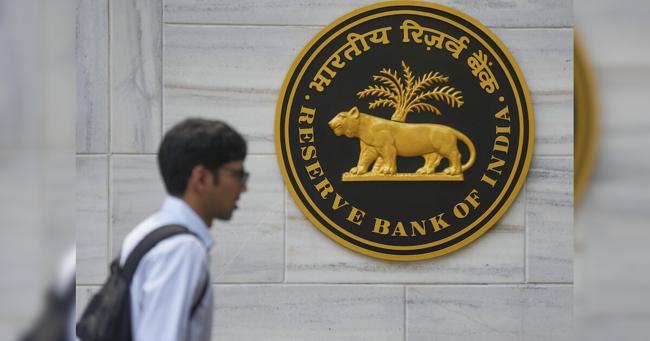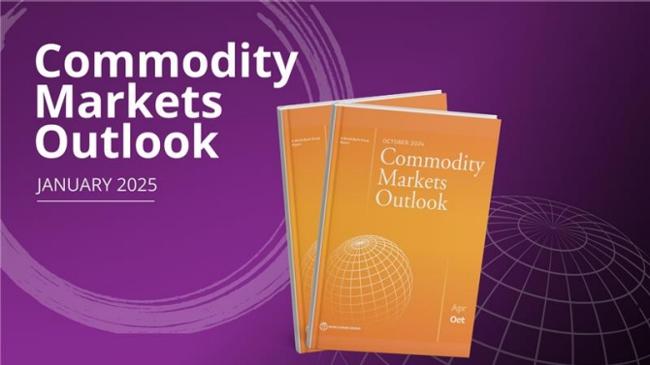Summary
The Reserve Bank on Tuesday launched three key surveys, including inflation expectations, to gather useful inputs for monetary policy decisions.
Source: Business Standard

AI News Q&A (Free Content)
Q1: What is the purpose of the Reserve Bank of India's inflation expectations survey?
A1: The Reserve Bank of India's inflation expectations survey aims to gather useful inputs for making informed monetary policy decisions. This survey helps the central bank understand the public's expectations regarding future inflation, which can influence interest rate decisions and other policy measures to ensure economic stability.
Q2: How does public attention to inflation impact monetary policy according to recent research?
A2: Recent research by Oliver Pfäuti, titled 'Inflation -- who cares? Monetary Policy in Times of Low Attention,' highlights that decreased public attention to inflation can render managing inflation expectations more difficult. This decrease in attention can lead to inflation-attention traps, where prolonged periods of low inflation occur due to slowly adjusting expectations, thus complicating monetary policy.
Q3: What role do news and media play in shaping household inflation expectations?
A3: A study titled 'A note on the impact of news on US household inflation expectations' found that exposure to news about inflation and monetary policy significantly influences household inflation expectations. This effect is particularly strong for news on rising inflation and easier monetary policy, indicating the powerful role media plays in shaping public perceptions and expectations.
Q4: How does the RBI's consumer confidence survey contribute to economic policy formulation?
A4: The RBI's consumer confidence survey provides insights into consumer sentiments regarding economic conditions, including employment, income, and spending. By understanding these sentiments, policymakers can better anticipate economic trends and adjust monetary policies to foster economic growth and stability.
Q5: In what ways do inflation expectations surveys assist in monetary policy decisions?
A5: Inflation expectations surveys assist in monetary policy decisions by providing a gauge of future inflation trends as perceived by the public. This information helps central banks like the RBI to set interest rates and other monetary policies that align with expected inflation, thereby stabilizing the economy and maintaining purchasing power.
Q6: What challenges arise from discrepancies in inflation expectation models between the public and central banks?
A6: As highlighted in Ran Spiegler's research, discrepancies in inflation expectation models between the public and central banks can lead to challenges in monetary policy. When the public's model reverses causality between inflation and output, it can result in an attenuation effect in policy responses, complicating the central bank's efforts to manage inflation effectively.
Q7: How have historical approaches to controlling money supply influenced modern monetary policy?
A7: Historically, attempts to control money supply directly, as seen in the 1970s and 1980s, were found impractical due to unstable money demand. This led to a shift in modern monetary policy towards adjusting interest rates, with money supply now serving as one of many economic indicators monitored by central banks, reflecting a more flexible approach to achieving inflation targets.
References:
- A note on the impact of news on US household inflation expectations
- Inflation -- who cares? Monetary Policy in Times of Low Attention
- A Simple Model of Monetary Policy under Phillips-Curve Causal Disagreements





